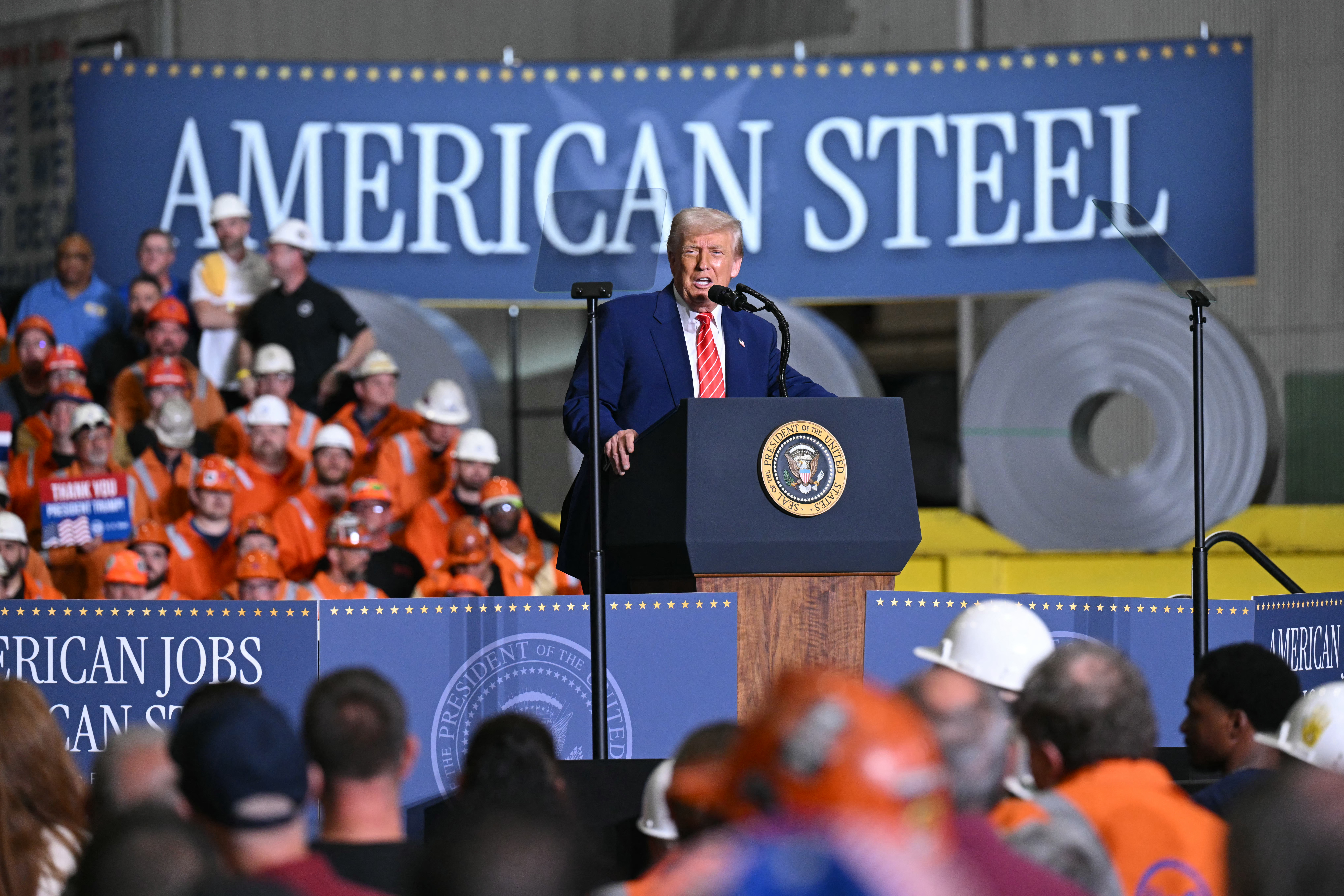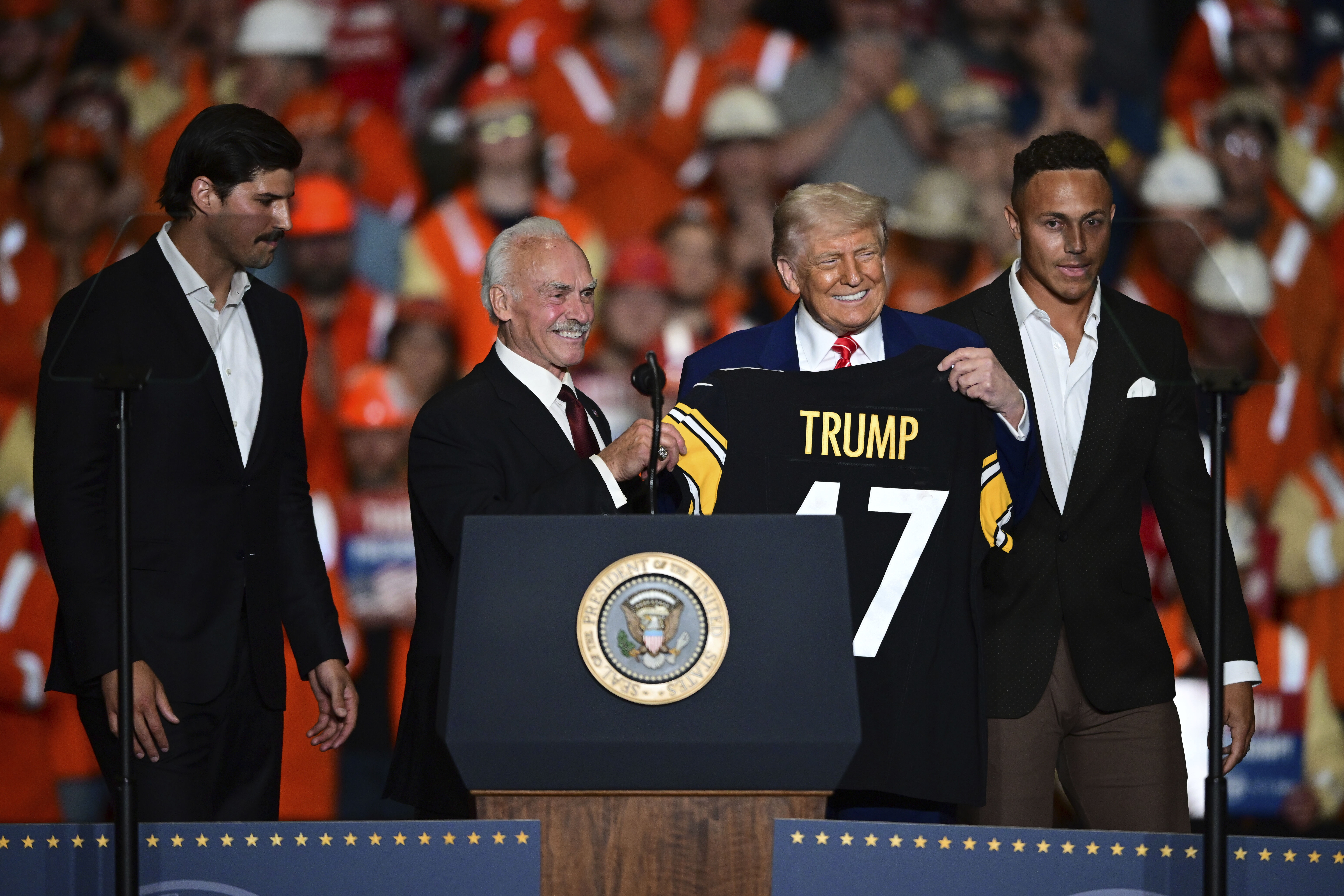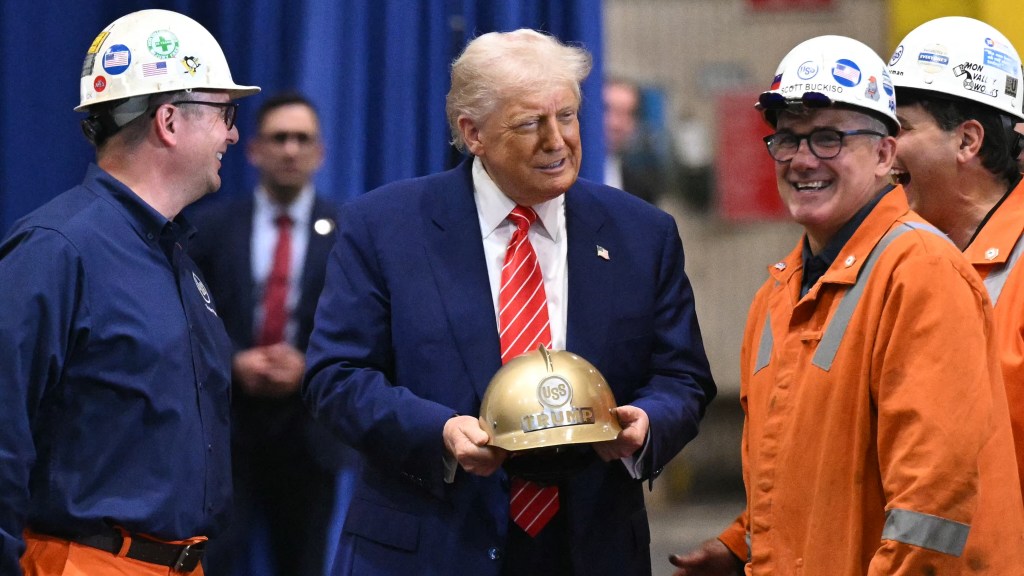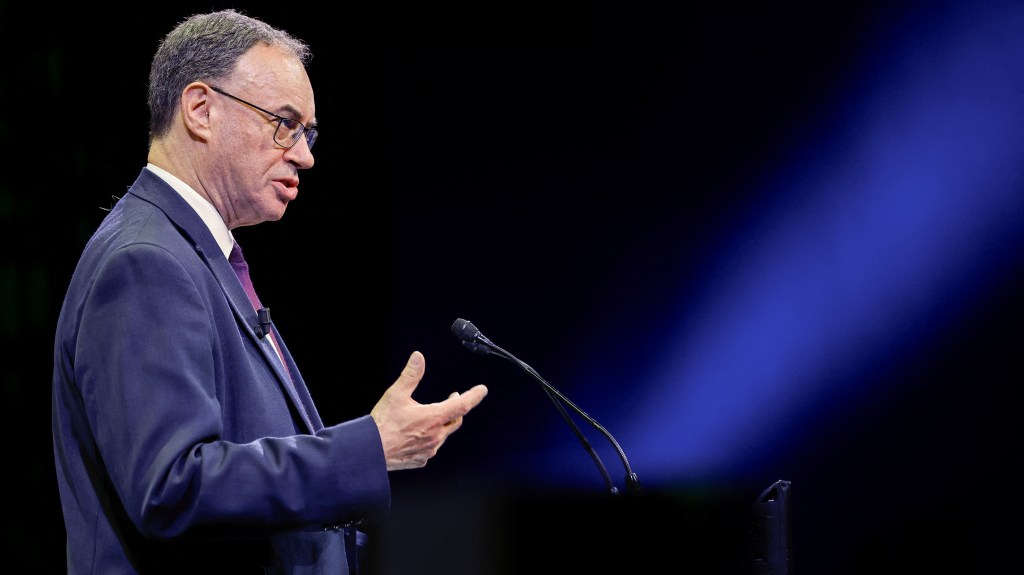Trump’s Steel Tariff Increase Poses Serious Threat to UK Industry
UK officials are urgently seeking clarity from the administration of President Donald Trump regarding his unexpected decision to elevate tariffs on steel and aluminum imports to 50 percent.
During a speech at a Pennsylvania steel plant on Friday evening, Trump announced the increase from 25 percent, stating it was necessary to “further secure” the domestic industry. He later reiterated the change on his Truth Social platform, declaring it would take effect on June 4.
“It is my great honor to raise the Tariffs on steel and aluminum from 25 percent to 50 percent,” he stated. “Our steel and aluminum industries are coming back like never before. This will be yet another BIG jolt of great news for our wonderful steel and aluminum workers. MAKE AMERICA GREAT AGAIN!”
Trump emphasized the desire for American infrastructure to utilize domestic steel instead of relying on imports, specifically saying, “We don’t want America’s future to be built with shoddy steel from Shanghai — we want it built with the strength and pride of Pittsburgh!”

This tariff hike places British steel exports at risk, as the UK’s recent trade deal with the US has not been officially finalized. The agreement reached on May 8 intended to eliminate US tariffs on British steel imports.
Gareth Stace, head of UK Steel, voiced concerns that Trump’s announcement could severely impact the industry, potentially leading to cancellations or delays in orders for British steel.
A spokesperson for the UK government stated, “We are engaging with the US on the implications of the latest tariff announcement to provide clarity for the industry. The UK was the first nation to secure a trade deal with the US earlier this month, and we remain committed to safeguarding British business and jobs across key sectors, including steel.”
Business Secretary Jonathan Reynolds is expected to discuss the situation at an upcoming OECD meeting in Paris, where a US delegation will be in attendance.
The US has become Britain’s largest market for steel after the EU, though exports decreased from £800 million in 2014 to £388 million in 2023. The US accounts for 6.9 percent of UK steel exports by volume, but 9.3 percent by value due to a focus on higher-quality steel grades.
A representative from Tata Steel, which is developing a new eco-friendly arc furnace in Port Talbot, South Wales, expressed hope for a favorable trade agreement between the UK and US for the steel industry, stressing the urgency as existing tariffs remain during negotiations.
Initially imposed by Trump in March, the 25 percent tariffs on steel and aluminum were part of a broader trade strategy, which included a 10 percent tariff on all imports announced in April, dubbed “Liberation Day.”
Recent court challenges to Trump’s “reciprocal tariffs” did not affect the steel tariffs, which will continue until legal proceedings are settled.
The hike in tariffs has faced swift criticism from Australia and Canada. Don Farrell, Australia’s trade minister, called the increase “unjustified” and detrimental to global trade, stating it would harm businesses and consumers reliant on free trade.
Canada’s chamber of commerce has echoed these sentiments, warning that the measures would disrupt cross-border supply chains.
During his Pittsburgh address, Trump referred to a $15 billion agreement between Nippon Steel and US Steel, asserting it would protect American jobs in the steel sector.

Trump remarked, “I have to approve the final deal with Nippon, and we haven’t seen that final deal yet, but they’ve made a very big commitment.” He assured that “US Steel will continue to be controlled by the USA.”
UK industry leaders are wary that Trump’s trade policies could push China to redirect its steel exports to countries with lower tariffs, leading to a potential influx of cheaper imports that might otherwise have been destined for the US market. A source remarked, “Producers like China will not be able to supply their steels into the US market; they will inevitably seek other places to sell, with Europe as a likely target.”




Post Comment